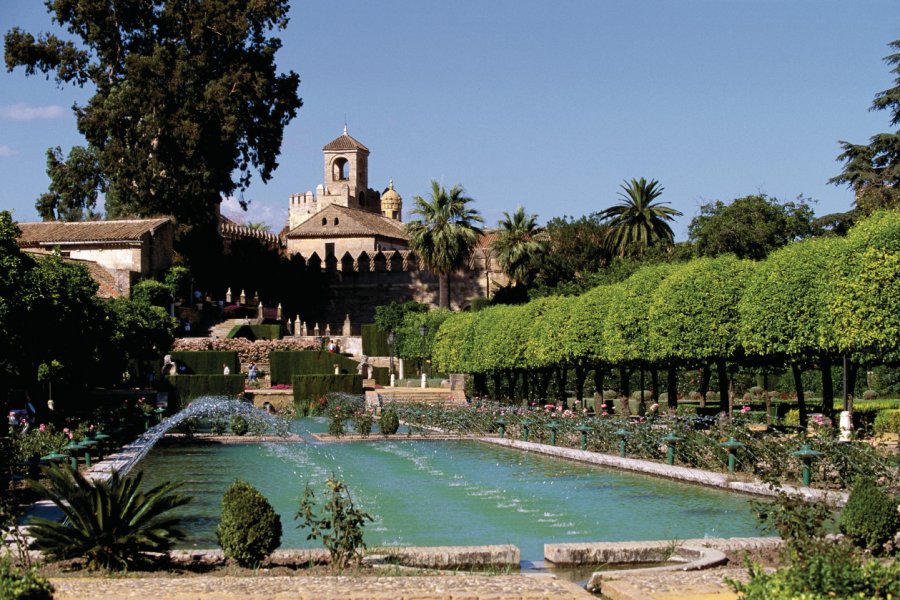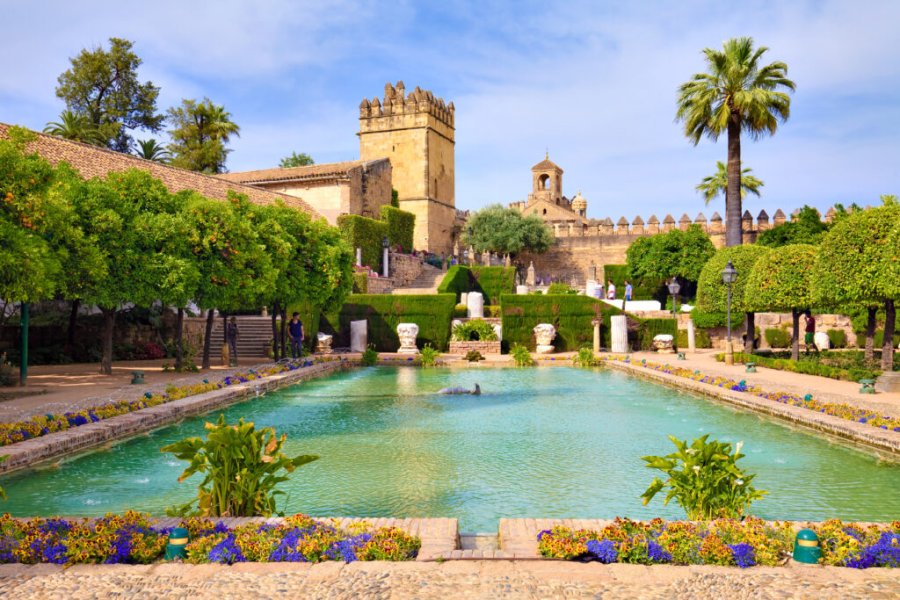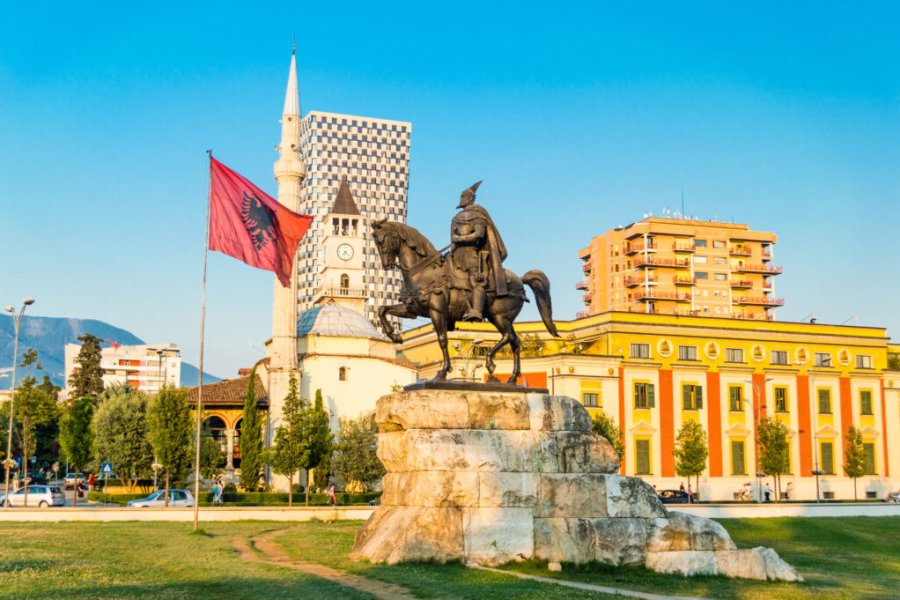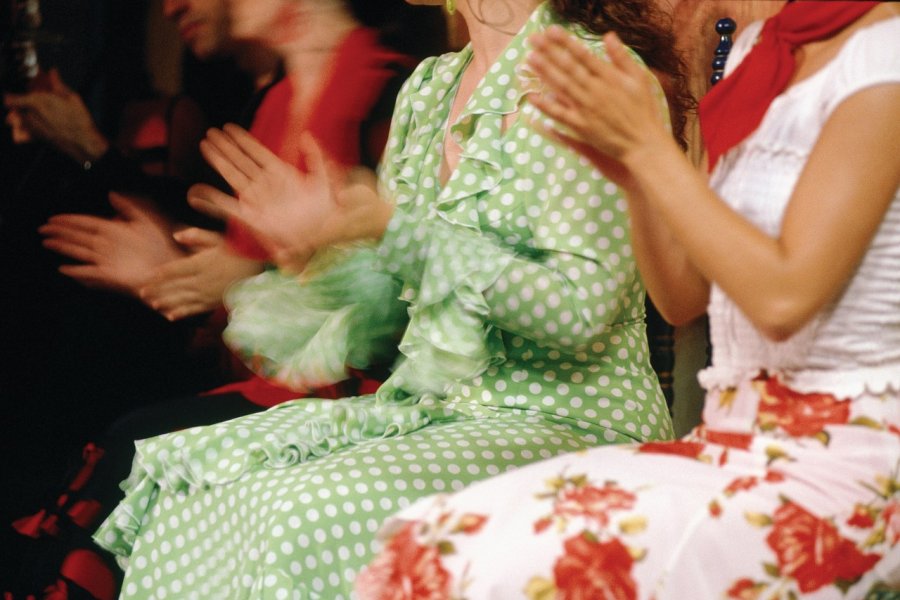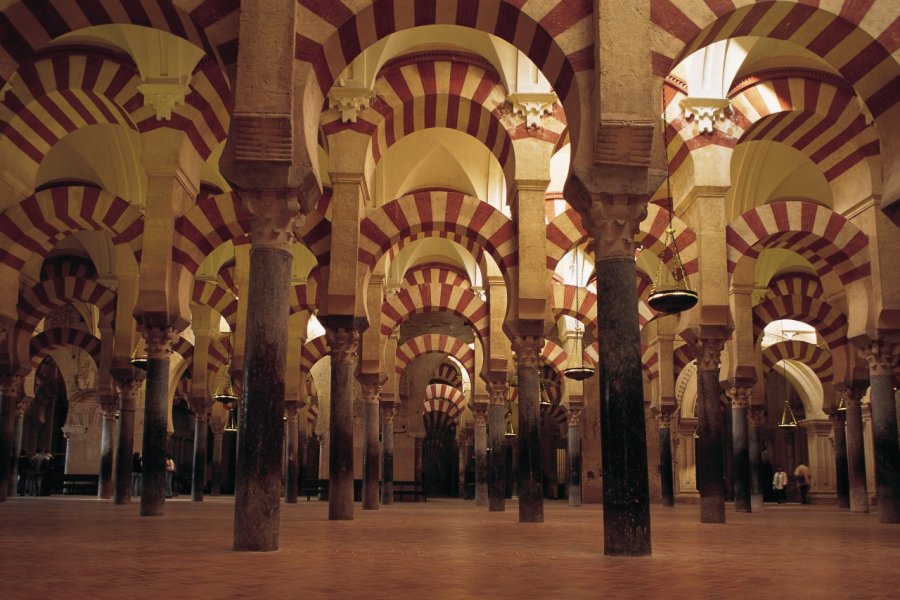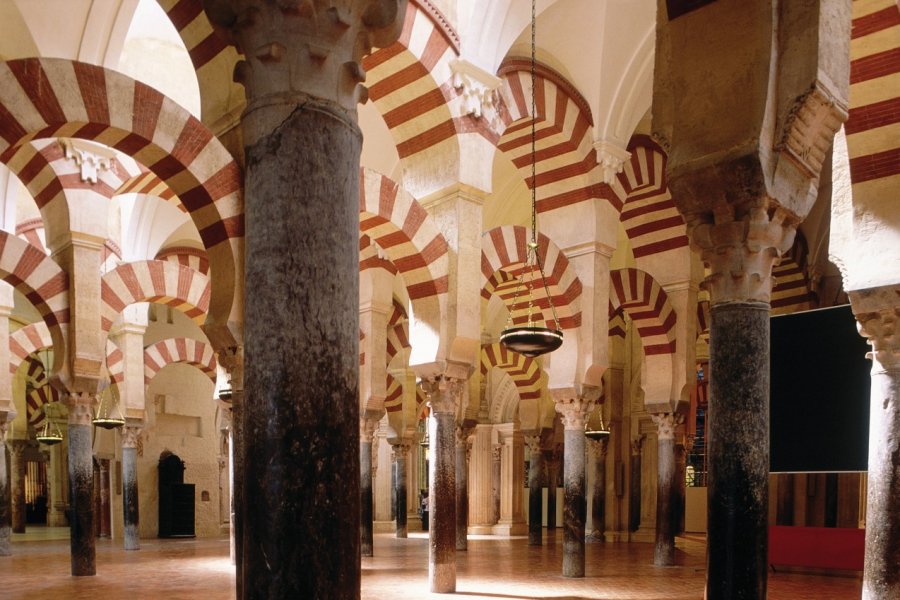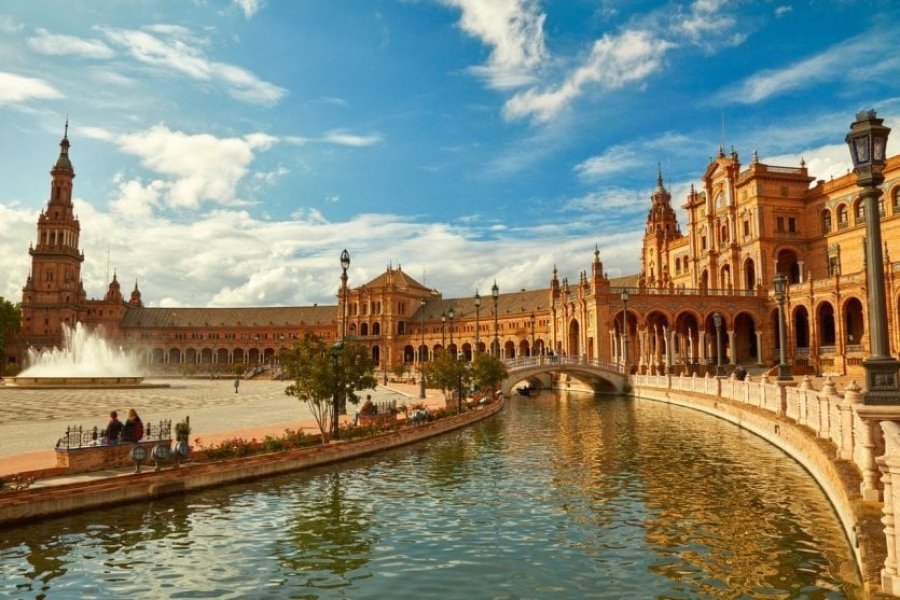Travel Guide Cordoba
What to visit Cordoba?
Suggested addresses Cordoba
When to go to Cordoba?
Cordoba shines with a thousand lights all year round. However, for the best experience, you need to know when to go to Cordoba.
The best time to visit Cordoba is undoubtedly spring, between April and June. The climate is mild and pleasant, allowing you to stroll through the historic streets without the oppressive heat of summer.
May is particularly exciting, as Cordoba celebrates its famous Patio Festival, when locals decorate their courtyards with flowers in an explosion of color and fragrance.
Summer, from July to August, sees temperatures soar, and it's not uncommon for the mercury to exceed 40°C. However, this is also the peak tourist season, and prices are higher. If you can stand the heat, it's a vibrant time to visit.
When to visit Cordoba in autumn? October and November are charming, offering a still mild climate and fewer crowds than previous months. Prices are often more affordable, and autumn foliage gives the city a golden hue.
Finally, if you plan to visit Cordoba between January and March, expect cooler temperatures, especially in the evenings. However, this is the ideal time to enjoy the city in a more intimate atmosphere.
Each season has its own flavor in Cordoba. If festivals and flowers appeal to you, May is your month. For a quieter atmosphere, winter and autumn are perfect. But whatever the season, Cordoba will never fail to amaze you.
Weather at the moment
The weather in Cordoba is characterized by a continental Mediterranean climate, with particularly hot summers and mild winters.
In high season, during July and August, temperatures in Cordoba exceed 35°C, even 40°C.
The low season, between November and February, offers milder temperatures, fluctuating between 8°C and 15°C.
To avoid extremes, the months of April, May, September and October are ideal for visiting this Andalusian gem. The climate is generally dry, with rare rainfall mainly between October and March. The weather in Cordoba is therefore conducive to discovering its architectural wonders almost all year round, but remember to bring a hat and sunscreen during the hottest months!
Visiting Cordoba is like taking a trip back in time without emptying your wallet! Overall, Cordoba is an affordable destination. The currency used is the euro, which is stable and widely recognized. It is advisable to carry some cash at all times, as some small shops and cabs may not accept credit cards. However, in most parts of Cordoba, cards are widely accepted. Tipping is not obligatory in Spain, but it's always nice to be tipped!
For a budget trip, expect cheap tapas and basic accommodation. On the other hand, for a comfortable or luxurious stay in Cordoba, you can enjoyhotels with courtyards, gourmet restaurants serving refined Andalusian cuisine, and private guided tours. Cordoba suits all budgets!
To travel to Cordoba, which is an integral part of Spain, formalities depend essentially on your country of origin. If you are a citizen of the European Union, a valid identity card or passport is all you need to enter and stay in the destination, with no time limit. For non-European travelers, most don't need a visa for Cordoba and for a tourist stay of less than 90 days in Spain, but it's always best to check in advance depending on your nationality.
For further information, or for longer stays, we advise you to consult theSpanish embassy or consulate closest to your place of residence. These institutions will be able to provide up-to-date information on formalities and other requirements for your trip to Cordoba.
When visiting Cordoba, there are some basic health precautions to bear in mind. Firstly, although Spain is a developed European country, it's always wise to take out travel insurance to cover any medical expenses.
As far as vaccinations for Cordoba are concerned, there are no specific vaccination requirements for visiting this destination. However, make sure your usual vaccinations, such as tetanus and diphtheria, are up to date.
As for drinking water in Cordoba, the city's tap water is of good quality and generally safe to drink. Last but not least, Cordoba, with its rich history and relaxed lifestyle, is a safe destination for travellers. However, as in any major tourist city, keep an eye on your belongings and use common sense. Health and safety often go hand in hand, so make the most of your stay in this magnificent Andalusian city !
Practical information
- When to travel?
- Weather forecast
- Budget
- Formalities
- Health
- How to travel by yourself?
- How to get organized?
- Getting around
Media
How to go to Cordoba? Our advice & tips
Organized tours of Cordoba offer a well-designed itinerary that takes in major sites such as the Mezquita, theAlcazar of the Christian Kings and the Roman Bridge, with the expert commentary of a local guide.
One concrete advantage of package tours is their ease of use. For example, some packages include transport from other Andalusian cities such as Seville or Granada. This can be a considerable time-saver for travelers with limited schedules. What's more, groups often benefit from priority access to certain sites, avoiding long queues, especially in high season.
If you're looking for a more thematic experience, there are tours focusing on Andalusian history, local gastronomy or even architecture. For example, a gastronomic tour could take you to traditional tabernas to taste salmorejo or flamenquín, local specialties.
However, it's essential to choose a reputable travel agency and read the reviews of previous travelers to ensure a quality experience. Ultimately, a tour package to Cordoba offers a deep, stress-free immersion in one of Andalusia's jewels.
Going it alone in Cordoba is a rewarding adventure that offers flexibility and a chance for deep immersion. First of all, mastering a few local expressions in Spanish can be an asset. A simple ¡Hola ! or ¿Dónde está la Mezquita? opens many doors. If you're looking to sample the cuisine, ask ¿Qué me recomiendas? (What do you recommend?) in the taverns for authentic suggestions.
For affordable accommodation, consider hostales or pensiones, often less expensive than hotels. If you like walking, the city is ideal for exploring on foot. Strolling through the narrow streets of La Judería, you'll discover flower-filled patios that are hidden but open to the public.
A word of advice: take along a map or mobile app to avoid getting lost, but don't hesitate to deviate from the itinerary for impromptu discoveries. For a truly local experience, try attending a zambra, a traditional flamenco dance.
Travelling alone in Cordoba is a chance to go at your own pace, make authentic connections and embrace Andalusian culture in an intimate way.
Getting around Cordoba is child's play, even for the most inexperienced traveller. The historic heart of this Andalusian city is essentially pedestrianized, making it easy to discover its architectural treasures.
For longer distances or to get out of the city center, Cordoba has an efficient bus network. Stops are clearly marked and fares are affordable. You can buy a ticket on board, or opt for a multi-trip card if you plan to use the buses frequently.
If you want to explore the surrounding countryside, renting a bike or car is a good option. Many local agencies offer bikes by the day or week. And if you're looking for a typically Andalusian experience, why not opt for a horseback ride ? Several ranches offer guided excursions through olive groves and rolling hills.
Cordoba travel inspiration
Find unique Stay Offers with our Partners
Pictures and images Cordoba
Discover Cordoba
Cordoba shines with a thousand lights all year round. However, for the best experience, you need to know wh...
Read more about it
The weather in Cordoba is characterized by a continental Mediterranean climate, with particularly hot s...
Read more about it
Visiting Cordoba is like taking a trip back in time without emptying your wallet! Overall, Cordoba is an affor...
Read more about it
To travel to Cordoba, which is an integral part of Spain, formalities depend essentially on your country of or...
Read more about it
When visiting Cordoba, there are some basic health precautions to bear in mind. Firstly, although Spain is a d...
Read more about it
Going it alone in Cordoba is a rewarding adventure that offers flexibility and a chance for deep immersion. Fi...
Read more about it
Organized tours of Cordoba offer a well-designed itinerary that takes in major sites such as the Mezquita Read more about it
Getting around Cordoba is child's play, even for the most inexperienced traveller. The historic heart of this...
Read more about it


